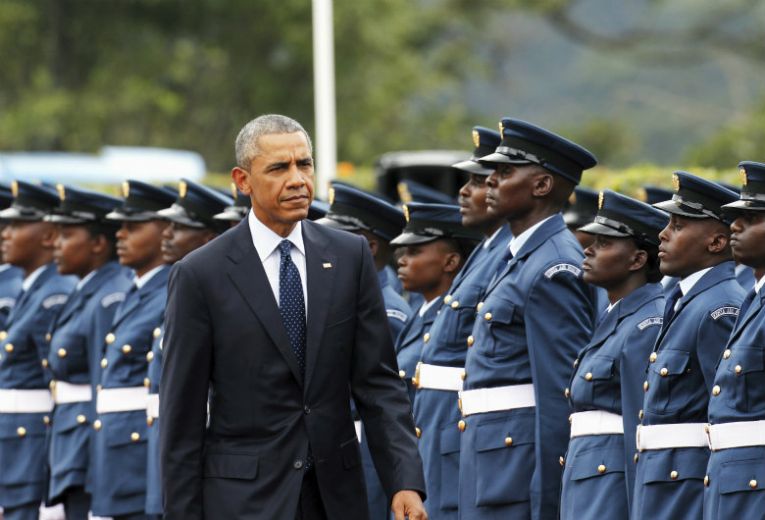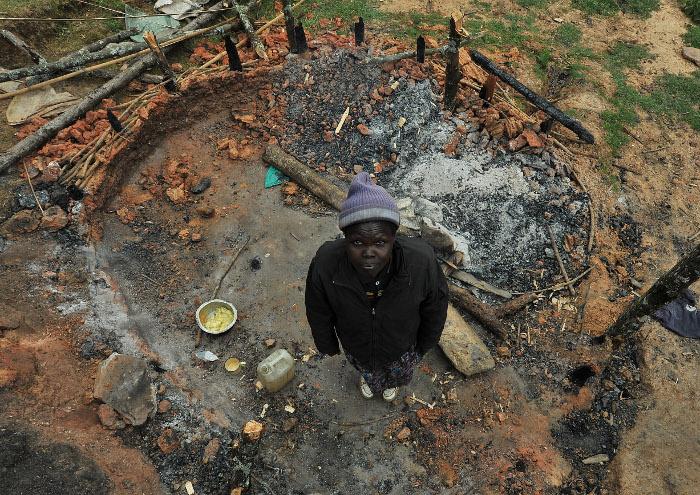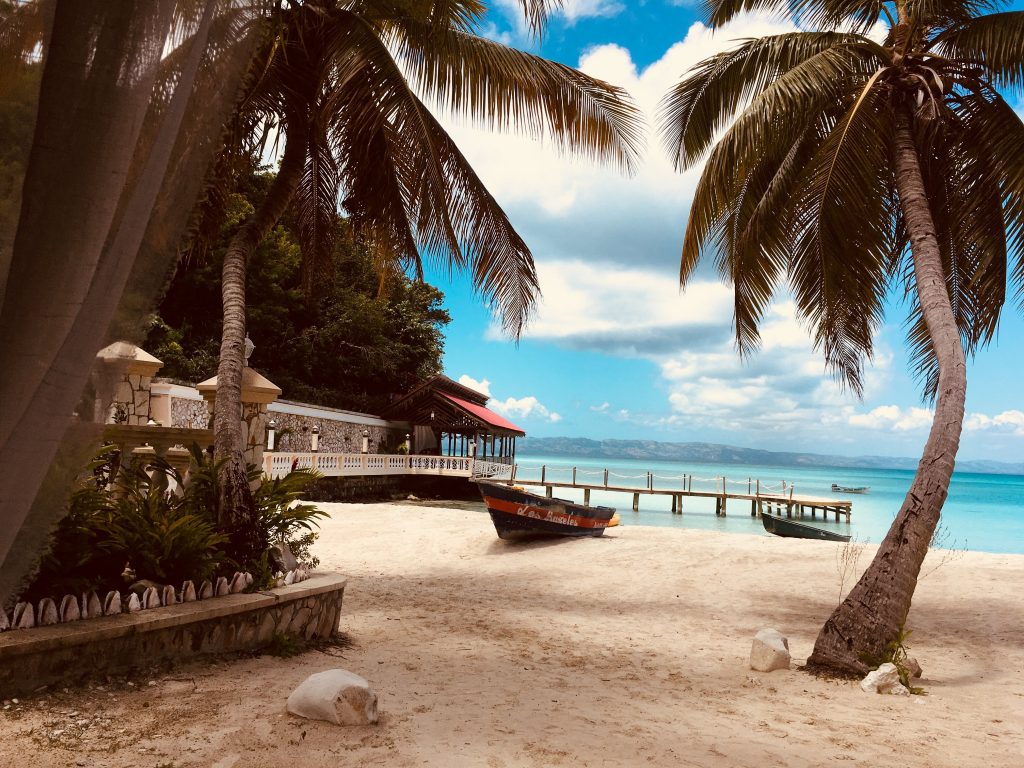
President Barack Obama reviews a Kenyan Defense Force honor guard in Nairobi. (Photo: Thomas Mukoya/Reuters)
NAIROBI–Barack Obama is visiting his father’s homeland for the first time as president, and he could hardly have chosen a more critical moment. Kenya was once a peaceful nation known for safaris and beaches. But it has, sadly, evolved into something resembling a police state—the result of the Kenyan government’s response to a recent onslaught of terrorist attacks.
As Kenyan security forces attempt to defend their nation, terrorism analysts and human rights activists say they’re going about it all wrong—inflicting collective punishment on Muslims and clamping down on press. Now, one very big question remains: Can President Obama convince Kenya’s leaders to take action on terrorism and human rights?
Read the full story at TakePart.












